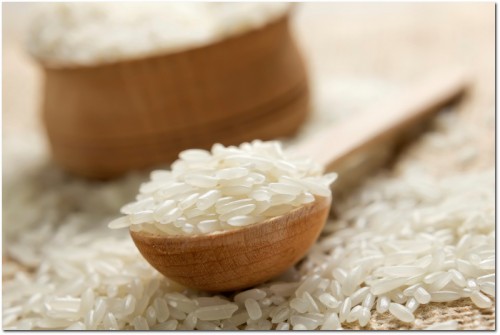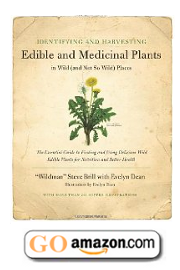 No matter what your reason for stockpiling food, that stockpile is of no use if the food spoils before you consume it. There are plenty of ways to help avoid spoilage - rotating the foods in and out, making sure it’s stored properly, and so on - but you can also focus on storing foods that have ultra-long shelf lives.
No matter what your reason for stockpiling food, that stockpile is of no use if the food spoils before you consume it. There are plenty of ways to help avoid spoilage - rotating the foods in and out, making sure it’s stored properly, and so on - but you can also focus on storing foods that have ultra-long shelf lives.
Foods that Will Last Forever
Salt, baking powder, and granulated sugar have no known shelf life when stored in their original containers. By “no known shelf life,” this means the food will last indefinitely; there’s no evidence of spoilage when handled properly.
Although you might not think salt, sugar, and baking powder have much use in a food stockpile, these are three staples in scratch cooking and baking, so they might be of more use than you think.
Honey seems to last indefinitely, too; even if it crystallizes, you can reheat and use it normally. Microorganisms tend to stay away because of its low water content.
Foods that Will Last 30-Plus Years
As long as they’re stored in cans, foil pouches, or buckets, wheat and rice will last for 30 or more years. White rice is super cheap, a good source of calories, and it can be used in so many ways - as rice porridge for breakfast, as an addition to soups, ground up as an alternative to wheat flour, or just on its own as a meal-stretcher.
Dried beans are another meal-stretcher that can last for 30 or more years, particularly pinto beans. However, the beans stored in food-grade bags last for just a year.
 White rice will last for 30 or more years when stored properly
White rice will last for 30 or more years when stored properly
Foods that Will Last 15 to 30 Years
It might not be a lifetime, but 15 to 30 years can still give you a pretty good time barrier when it comes to a stockpile. Foods such as powdered milk, instant potatoes, dried apples, and pasta can last 15 to 30 years if stored in a can or foil pouch with an oxygen absorber.
Proper Storage
The quickest way to destroy your stockpile is to store it improperly. For maximum shelf life, keep your food in a consistently cool place that’s below room temperature. Room temperature or higher can lead proteins in the food to deteriorate and eventually spoil. That sugar that’s good for 30 years? Its shelf life can be reduced by up to a decade if it gets too hot in your storage area. Skip the garage or attic in favor of a basement or pantry, which are both less likely to heat up.
Additionally, consider your containers. Food that’s being stored for a significant period of time must be stored in food-grade containers to ensure no chemicals leaching into the food. Look for a “#2″ by the recycle symbol or the acronym “HDPE” at the bottom to indicate food-grade. The containers should be air-tight and spill-proof as well.
With a little bit of preparation, you can be ready for anything that comes your way - at least, when it comes to eating well.
Kelsey Castle is a freelance writer and editor who focuses on home and real estate topics such as Texas real estate. She has a degree in journalism from a Big 10 university.










